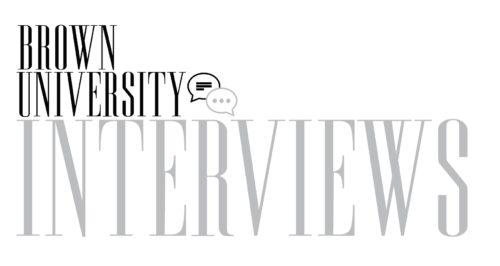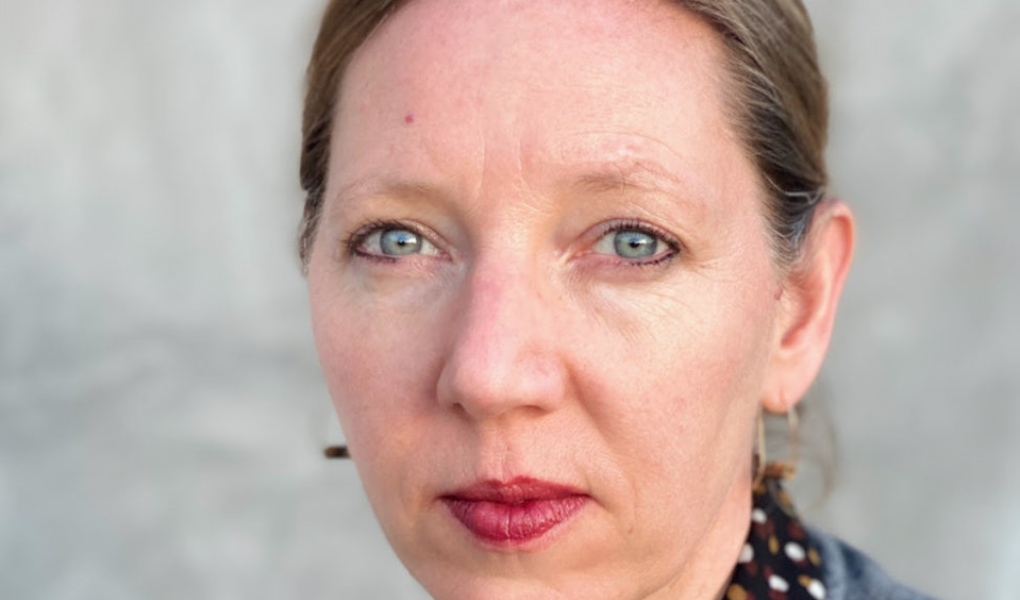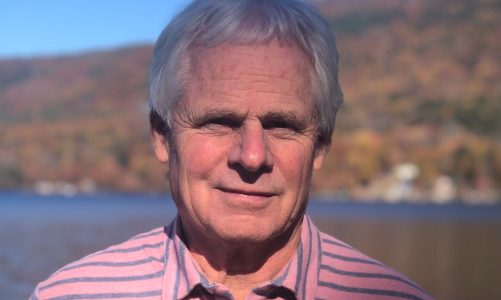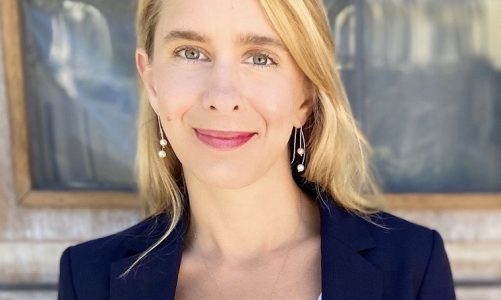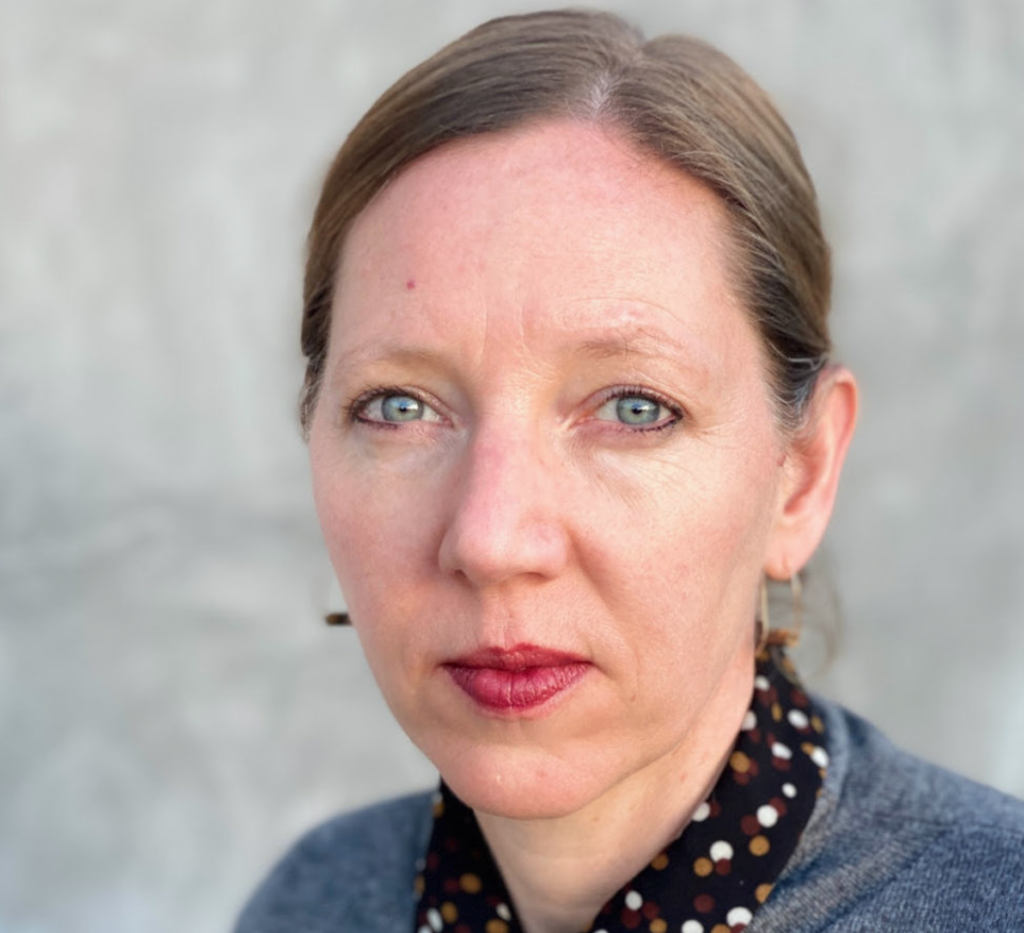
Maggie Nelson is an American writer who continues to bend genre boundaries, tackling topics including autobiography, feminism, queerness, sexual violence, art criticism, philosophy, poetry, and more. Born in San Francisco, California, Nelson moved to the East Coast to study English at Wesleyan and ultimately obtained a Ph.D. in English literature from CUNY Graduate Center. Nelson was awarded the Guggenheim Fellowship for Creative Arts in 2010, and the National Book Critics Circle Award for Criticism in 2016, and as of 2017 teaches English at the University of Southern California. Some books she is known for include, The Argonauts, The Art of Cruelty, On Freedom, and Bluets.
Marin Warshay: Just to start off, what is something that is currently bringing you joy in life?
Maggie Nelson: Halloween! I get so excited for Halloween. I’m looking at my street and it’s very Halloween. That’s probably not the deepest answer. I mean, we’re not done with COVID, but I’m in the post-COVID grateful phase where every single time people get together or gather for fun, I think it is fantastic. With every class I teach I’m still very much in that grateful hangover. I hope it lasts.
Now getting into your work, in 2017, you interviewed with Eat, Drink, and Be Literary. You mentioned something called matrophobia. Can you elaborate on how this concept manifests in your literature and your perception of others’ writing?
Yeah, there’s a really great book by critic Jacqueline Rose called Mothers: An Essay on Love and Cruelty. She consolidates a lot of psychoanalytic and social theory. There are many different varieties of matrophobia. The theory that she has—that I find the most compelling—is that the world saddles mothers with the task of protecting others from suffering. That is essentially a non-fulfillable task, so there’s a sadism that greets mothers for not being able to perform it, which can distract from the task of putting our efforts into making the world more equitable—a world in which there are more forces in the fight of ameliorating suffering for all people. I also think that there’s a more straight up misogynistic element of the idea that becoming a mother takes women out of a sexual marketplace, and that there’s a misogynistic logic that they’re no longer of use in that particular economy. So there’s so many different elements of it.
When I was writing The Argonauts, I thought a lot about patriarchal literary culture. There are actually few to no first-person accounts of giving birth or going through labor, mostly because the women who were doing that work were often not permitted or able to be educated, to produce and publish literature. So you just have this raging silence, not from people writing about mothers but from mothers themselves. There are exceptions, of course—but it wasn’t really until the women’s movement in the late 60s and 70s that the idea of raising children and being engaged in literary production became something other than oxymoronic. So in some ways it naturally follows—if for centuries and centuries, you were told that there are certain subjects appropriate for serious literature and certain subjects that were not, you would come to think that there was something inherently not serious or not important about certain experiences being represented in print. Now we’re unpeeling ourselves from a lot of that, and seeing a lot of new and exciting things being written about. That’s been a huge change.
Do you think matrophobia is a way of new generations trying to progress the times in terms of gender equality? Or do you think it acts as a vehicle for breaking the cycles of misogyny by rejecting some things that our mothers taught us?
That’s a really great question, because there are so many different places where matrophobia could come from. In one of my books I discuss Julia Kristeva and a Freudian and psychoanalytic idea—that coming into yourself has to do with individuating. At least beyond birth, where one has the most difficulty of telling self from other, becoming an individuated adult involves separating from the parent, or the force that you previously had imagined yourself unable to exist without. And Kristeva figures that process as a matricide, which she calls the “sine qua non of our individuation.”
I discuss this in The Art of Cruelty; I don’t think that we have to perform matricide, literally or figuratively, to become people. I’m interested in reckoning with dependency in all of its forms, while also understanding that there are great values to becoming an independent subject. It’s not like you’re trying to become reliant or stay in a certain kind of infantile state of dependency your whole life, it’s more like, how do we become people without rendering invisible or demonizing the interdependencies that shape all life, including our own. Intergenerational warfare of various kinds is not something that we’re ever going to get rid of. And I know a lot of people who teach—good feminist friends of mine—will teach assignments like “write the piece that would make your mother unhappy.” In On Freedom, I talk about an artist I really love, Tala Madani, who has said, “I tell my students sometimes that, if they’re making work that their mothers will like, they’re in trouble.” So I know that there’s that whole discourse and I think that there’s some value in it. And like I said, intergenerational conflict is not something we’re going to get out of anytime soon. For feminism, we’re at a moment of a lot of threat. When that happens, I think folks should focus on forms of solidarity and recognition of what people did before you—in part to learn resiliency from them, and also for the pragmatic reason that the movement shrinks if it’s not intergenerational.
Has your definition of feminism changed over time? And how so?
Yeah. Anyone who reads this transcript or my work will probably know that I’m more interested in how words work in culture than I am with defining them in isolation. I don’t think I ever had a working definition of feminism. Regardless of the definition, among the categorical bases upon which feminism stands is an ongoing contestation of what the category of women signifies. And there hasn’t been any time in feminism when that has not been the case. So the idea that we’re now in a kind of disarray, whereas feminism was once in order, is, I think, a completely ahistorical version. I don’t think there’s something that feminism irreducibly is, and that’s OK. Last week, I taught Amia Srinivasan’s book called A Right to Sex. I was really interested in the fact that she starts off the book with a definition of feminism and I was like “Oh, wow.” Also, the subtitle is “Feminism in the 21st century.” I think of those things as strategic moves: any definition given of feminism in the beginning of a book is also announcing a strategy of what kind of relationship to movement-building and history the author wants to take. So within that, my definition probably always shifts a little bit based on what seems to me the most urgent issue of the time.
In The Art of Cruelty, do you believe that you’re profiling violence in a blunt manner? And if so, why is that important to you?
The Art of Cruelty is all about representations of violence in art, which is really different from the two books I wrote that preceded it, that were actually about a murder in my family. When I think about The Art of Cruelty, I wouldn’t call it blunt descriptions of violence, I would call it accurate descriptions of pieces of art that utilize violence and brutality as a part of them in a certain way.
A lot of your pieces mentioned tropes of parenthood and grief, and you have anthologies of your works. Have you ever considered creating an anthology of your work along with other people’s works in order to contribute different positionality and perspectives on that topic? Have you ever considered taking small works of other people and combining it with yours?
I don’t have any collaborative books. I’ve certainly done lots of curation projects, but I wouldn’t need to put my work in a self-curated project. I mean, sitting on my desk right now is a poetry book of my own work and Claudia Rankine’s and Denise Riley’s, which is cool. My work is collected in zillions of places with other people’s work, but I don’t need to create that collaboration myself. A lot of times magazines will ask me “Do you want to put together 10 pieces of things you’re reading now?” And I’m always happy to take on curation projects that draw attention to other people’s stuff.
What is something you’re looking forward to in the future?
Your question is so funny, because in my house we play this game “Rose, Bud, Thorn.” So I’m like, “Oh, God, this is like my daily rose.” I’ll give you the same one: I’m looking forward to Halloween tonight. I’m really looking forward to coming to Brown and meeting you guys—that will be tomorrow if the COVID gods continue to shine upon us.
*This interview has been edited for length and clarity.
